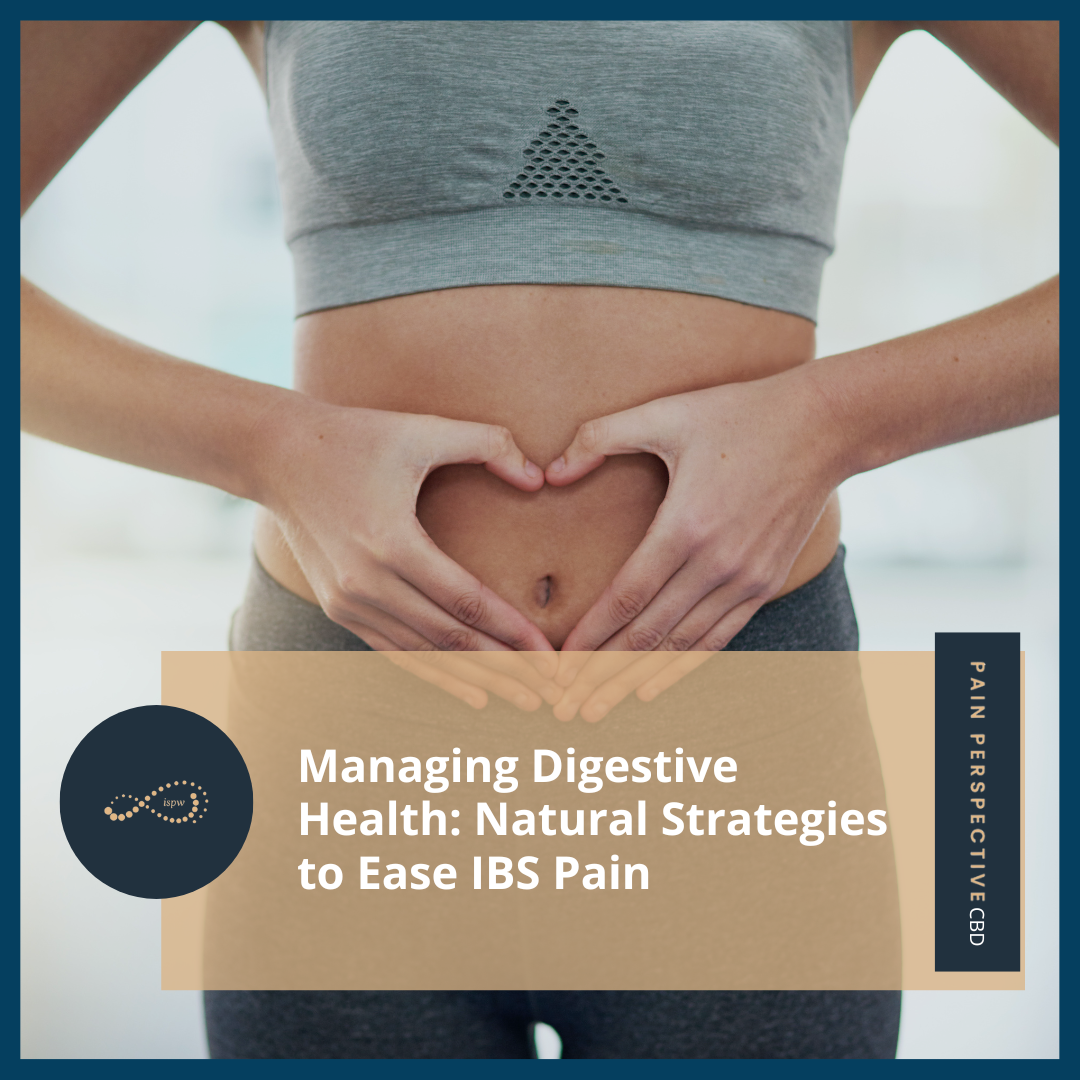
Living with irritable bowel syndrome (IBS) can feel like walking a tightrope. One wrong step—a stressful day, a poorly chosen meal—and your digestive system protests with pain, bloating, cramping, or worse. For millions of people, IBS is more than just a stomach issue; it’s a daily challenge that disrupts comfort, confidence, and quality of life.
While there’s no universal cure for IBS, many have found relief through natural approaches that help manage symptoms and support overall gut health. From diet modifications to stress management techniques, these strategies can help you regain control and ease the discomfort associated with IBS.
Understanding IBS and Its Impact
IBS is a chronic condition that affects the large intestine, leading to symptoms like:
- Abdominal pain or cramping
- Bloating and gas
- Diarrhea, constipation, or alternating between the two
- Changes in stool consistency and frequency
The exact cause of IBS is still unclear, but common triggers include:
- Dietary choices: Foods high in fat, caffeine, or artificial sweeteners can irritate sensitive digestive systems.
- Stress: The gut and brain are closely connected, so stress often exacerbates IBS symptoms.
- Gut microbiome imbalances: Disruptions in the gut’s beneficial bacteria may contribute to IBS.
Natural Strategies for Managing IBS Symptoms
While managing IBS often requires a personalized approach, these natural strategies can provide relief and improve digestive health:
1. Adopt a Low-FODMAP Diet
○ The low-FODMAP diet is designed to reduce fermentable carbohydrates that can trigger IBS symptoms. Foods to limit include:
- Onions, garlic, and broccoli
- Certain fruits like apples and pears
- Dairy products high in lactose
○ Focus on low-FODMAP alternatives like zucchini, spinach, and firm bananas.
2. Incorporate Probiotics
○ Probiotics are beneficial bacteria that support gut health. Adding fermented foods like yogurt, kimchi, or sauerkraut to your diet can help rebalance your microbiome.
○ If food alone isn’t enough, consider a probiotic supplement designed specifically for digestive health.
3. Stay Hydrated
○ Proper hydration is key for maintaining smooth digestion, especially if IBS causes diarrhea or constipation.
○ Aim for at least eight glasses of water a day and reduce sugary or carbonated drinks that may irritate your gut.
4. Practice Stress Management
○ The gut-brain connection means that managing stress is critical for controlling IBS symptoms. Techniques to try include:
- Meditation: Regular mindfulness practices can reduce stress and improve gut function.
- Yoga: Gentle stretches and breathing exercises can alleviate abdominal discomfort.
- Journaling: Writing about your experiences may help you identify and reduce stress triggers.
5. Track Your Triggers
○ Keeping a food and symptom diary can help you pinpoint specific triggers. Note what you eat, how you feel afterward, and any patterns that emerge.
Lifestyle Habits to Support Digestive Health
In addition to targeted IBS strategies, these general habits can help maintain a healthier gut:
- Eat Smaller, More Frequent Meals: Large meals can overwhelm the digestive system. Opt for smaller portions spread throughout the day to avoid cramping and bloating.
- Avoid Known Irritants: Common culprits like caffeine, alcohol, and spicy foods can irritate the gut and worsen symptoms.
- Stay Active: Regular exercise helps improve digestion by stimulating gut motility. Activities like walking, swimming, or yoga are particularly gentle on the digestive system.
- Get Enough Sleep: Poor sleep can disrupt your gut microbiome, so aim for 7–9 hours of quality rest each night.
Holistic Approaches to IBS Relief
Managing IBS isn’t about a single solution; it’s about creating a lifestyle that supports your unique digestive needs. By combining dietary changes, stress management techniques, and gut-friendly habits, you can reduce flare-ups and improve your overall quality of life.
Living with IBS may not always be easy, but small, consistent steps can lead to meaningful improvements. With the right tools and strategies, you can regain control over your symptoms and enjoy a more comfortable, confident life.
Disclaimer: This article is for informational purposes only and does not constitute medical advice. Always consult a healthcare provider for diagnosis or treatment of IBS or any other digestive condition.
